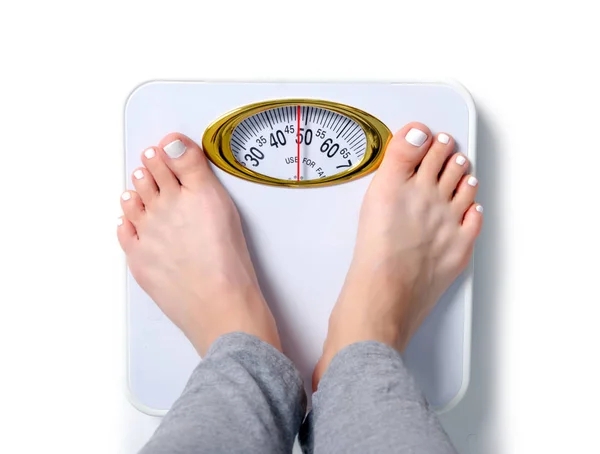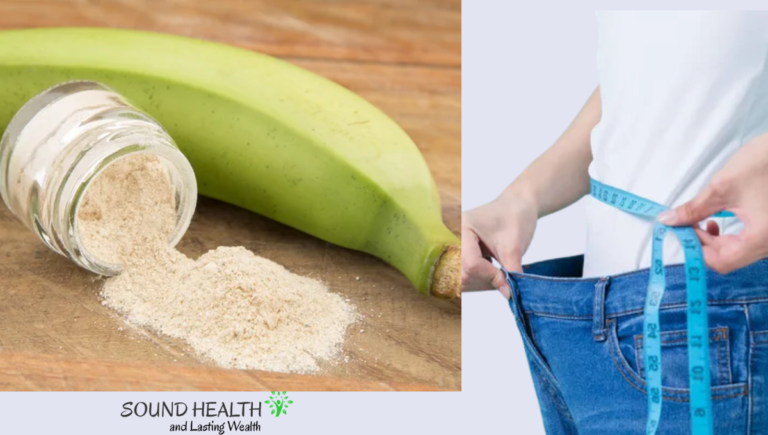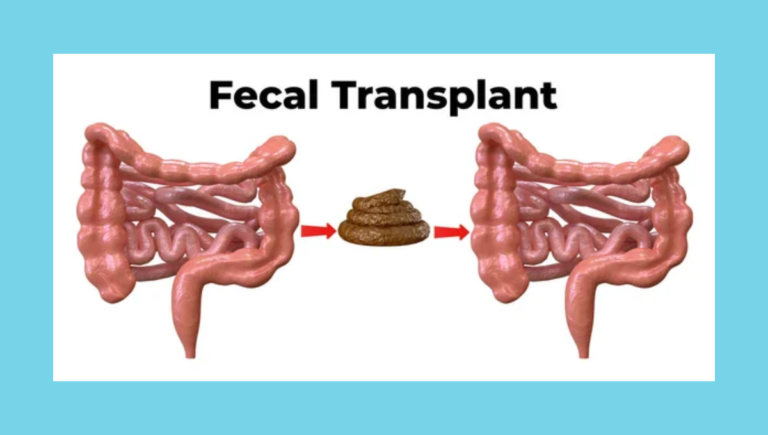Scientists discovered that eating this type of fish can lower cholesterol. In the cells of your body, you will find a substance that looks like waxy fat. High levels of cholesterol are not only harmful to the heart, but also necessary for healthy cell growth. Nearly 2 out of 5 Americans (with total blood cholesterol levels >= 200mg/dL) have high cholesterol.
Only a cholesterol test can tell you if your cholesterol is high. Raised cholesterol causes 2.6 million deaths (4% of the total) and 29,7 million DALYS or 2% of all DALYS worldwide. Healthy LDL levels for adults are 100 mg/dL and lower. For male adults, this range is 40 mg/dL and for females, it is 50 mg/dL.
Experts say that salmon and other fishes, especially those containing omega-3 fatty acid, are particularly good for lowering cholesterol.
Experts’ findings: Consuming two portions of salmon per week can help lower cholesterol. Fish is generally a healthy option for those who are watching their cholesterol levels. Most fishes contain little cholesterol and no trans fats. Fish, although they contain a small amount of cholesterol are also low in saturated fats. They are therefore a good option for people who are watching their cholesterol. Oily fish contains omega-3 fatty acid, which can prevent cardiovascular disease and reduce the risk of stroke and heart disease. It is therefore recommended that you eat a balanced, varied diet, which includes fish on a regular basis, to maintain good heart health.
The Study: Researchers at the University of Colorado examined 41 overweight/obese adult.
Participants were given two diets to follow for five weeks: one standard and one Mediterranean, with two salmon portions per week. Scientists examined the “metabolites” produced by participants during digestion. 500 of the 1,518 metabolites discovered were specific to salmon. Two salmon-specific compounds as well as two other metabolites are linked to lower cholesterol levels and “bad” fats.
This study shows promising results, but more research is required.
Tips to lower cholesterol through lifestyle changes
1. Diet
- Limit trans and saturated fats. Instead, focus on healthy fats such as olive oil, avocados and nuts and seeds. Avoid processed food, fried food, and foods that are high in saturated fat, such as red meat and dairy products with full-fat.
- Increase your fiber intake. Fiber helps remove cholesterol from the body. Consume plenty of fruits and vegetables, whole grains and legumes.
- Choose lean sources of protein: Choose fish, poultry without the skin, beans and lentils instead of red meat, processed meats and meats.
- Limit sugary drinks and refined carbohydrates. White bread, pastries and sugary drinks can increase cholesterol. Choose water, unsweetened green tea and whole wheat bread.
- Consider plant-sterols. Plant-sterols, which are naturally occurring compounds in certain foods and supplements, can lower cholesterol.
2. Exercise
- Strive to do at least 75 minutes of vigorous exercise or 150 minutes of moderate intensity exercise each week. Choose activities that you enjoy, such as brisk walking or running, swimming or biking.
- Strength training can help lower cholesterol levels. Two to three sessions per weekly is ideal.
3. Other lifestyle changes
- Maintaining a healthy body weight: An excess of weight can lead to high cholesterol. Even a small weight loss can make a big difference.
- Stop smoking: Smoking increases cholesterol and damages blood vessels.
- Limit alcohol consumption: Alcohol can increase cholesterol levels.
- Stress management: Chronic anxiety can lead to high cholesterol.
- Relaxation Techniques like meditation, yoga or deep breathing.
- Sleep enough: Aim to get 7-8 hours per night. Sleep deprivation can cause your body to produce more stress hormones that may contribute to elevated cholesterol.









+ There are no comments
Add yours